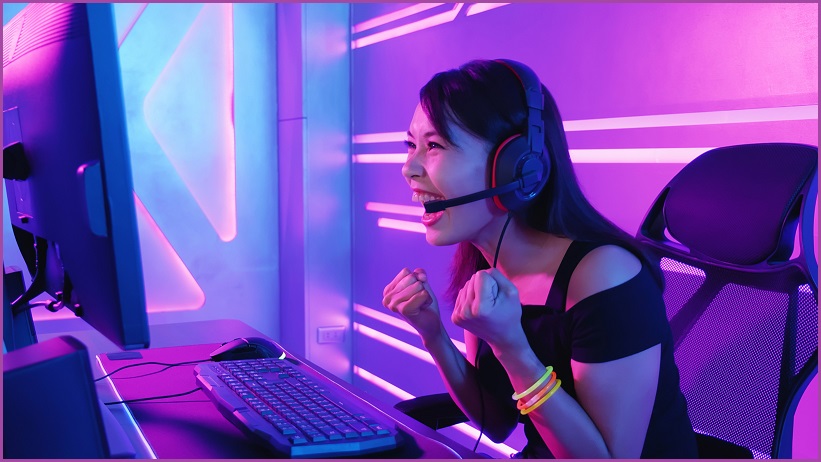Gaming is often seen as an unproductive activity but one Australian tech startup is trying to turn their love of gaming into a workplace productivity win.
Dr Nishanth Krishnananthan and Dr Vijay Paul are co-founders and co-CEOs of Vantari VR, a company that uses virtual reality to train medical procedures.
As the pandemic made it impossible to get together in-person, they initiated a regular gaming catch-up session to keep spirits high at the startup.
“Being a VR company we thought it would be fitting to explore different ways of connecting people through technology. And feeling free to shoot your boss in Halo stood out to our team,” Dr Krishnananthan told Information Age with a laugh.
The addition of gaming sessions was originally about team building and keeping workplace morale up but also had surprising results for the way people thought about their work.
“One of the best parts of gaming has been the inspiration we get from it,” Dr Krishnananthan said.
“We can talk about design elements, how different aspects are integrated with the UI, how seamlessly it all ties together as a product.
“It really gets the creative juices flowing.”
There's no doubt work-from-home is here to stay. A recent study found employees aren’t happy about going back to the office more than twice a week.
For all the benefits working from home has had, there has been evidence to suggest it also creates its own problems due to a lack of intra-office connectivity.

Co-founders and co-CEOs of Vantari VR, Dr Vijay Paul and Dr Nishanth Krishnananthan. Image: supplied
A report from Microsoft last year used data from the way its 61,000 US employees interact with one another to examine how the dynamics of workforce networks had changed after a year of remote work.
The result was more siloed teams, less collaboration, and a stifling of creative thinking.
Yet we know geographical distribution can’t be the only problem with building community and collaboration, given it is a core feature of internet sub-cultures – especially when it comes to gaming.
While Vantari uses Slack for its general workplace chatter and Google Meet for video calls, the team also has widely popular gaming app Discord open for informal conversations.
Unlike Teams or Zoom, there’s no scheduled meetings, asking if someone is available for a call, or social obligation to have your camera on in Discord.
“Discord is like the office lounge,” Dr Paul told Information Age. “It’s a space where you can drop in and out of for a chat. Kind of like a watercooler.
“Gaming at work is such a freeing experience. You get to laugh and do crazy things, and I think it’s a really fun way to have a social setting during work hours.”










